

These books are usually available from Amazon; but the most comprehensive source of books, CDs and videos relating to the Method is the California-based Feldenkrais Resources.
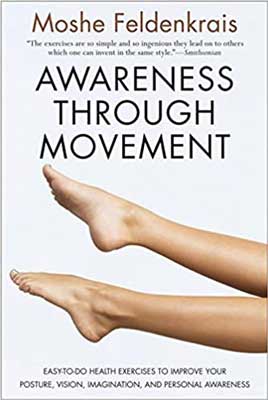
Awareness Through Movement — This is the book in which Feldenkrais first set out his work in developed form. He discusses the reasoning behind the Method, then illustrates it with a series of detailed exercises — several classical Awareness Through Movement lessons. Though many might find this book pretty heavy going, it was Scott's introduction to the Feldenkrais Method.
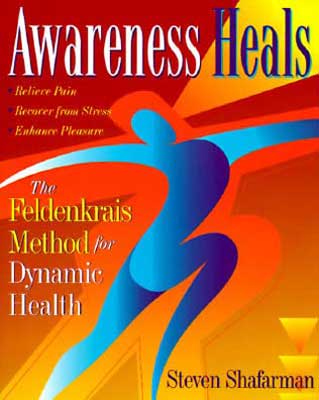
Awareness Heals — This book, written for the general public, makes a very accessible first book about the Method. The author discusses Feldenkrais and his work in a straight-forward, conversational way, and includes a series of simple lessons.
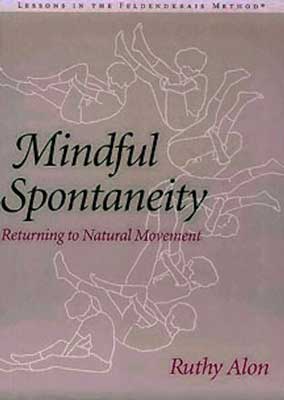
Mindful Spontaneity — Ruthy was one of Moshe's first students, and she developed the work with great inventiveness and poetry. The text is very rich — perhaps best read in shorter bursts.
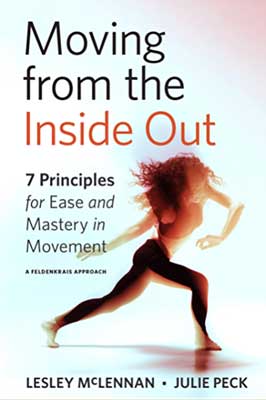
Moving from the Inside Out: 7 Principles for Ease and Mastery in Movement — Julie is one of the first Australian Feldenkrais Trainers, and she has thought things through in a unique and thorough way.
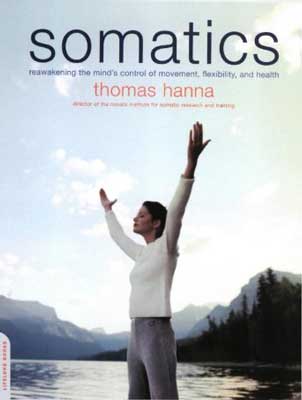
Somatics — Hanna's work owes a great deal to Feldenkrais; here he presents his own rationale for ‘somatic education’. It is a simpler and more direct version of Feldenkrais's thinking, though we have certainly found it valuable. Some classic lessons are included at the end.
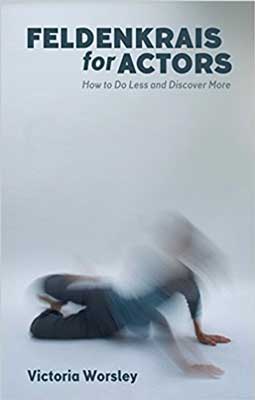
Feldenkrais for Actors: How to Do Less and Discover More — Victoria is one of the most active Feldenkrais practitioners in the UK, and has applied her knowledge & experience to her own field of expertise, to great effect.
Running with the Whole Body
Skiing with the Whole Body
Comfort at Your Computer
Singing with your Whole Self
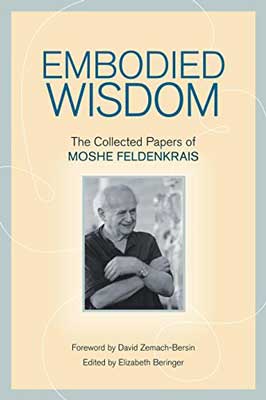
Embodied Wisdom — The collected articles & papers of Moshe. Many of of the dimensions of Moshe's thinking are set out here more clearly and concisely than elsewhere. This is a must-have anthology for anyone wanting to look more deeply into Feldenkrais.
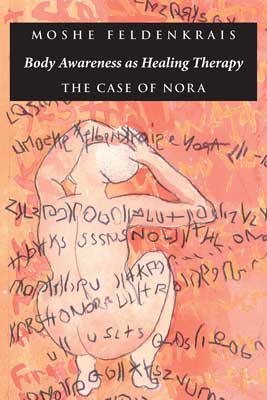
Body Awareness as Healing Therapy: The Case of Nora — A fascinating case-history. Moshe works with a woman who has had a stroke, which has left her with a puzzling set of difficulties.
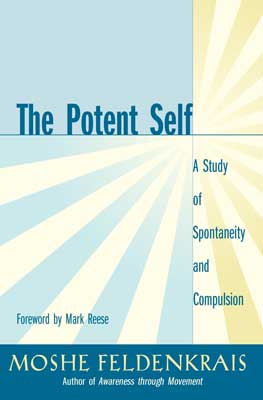
The Potent Self: A Guide to Spontaneity — This book was only published posthumously; it shows Moshe at his best as well as his quirkiest. The ideas represent the beginning of his thinking more than the mature phase, but many of the most important elements of his work are here.
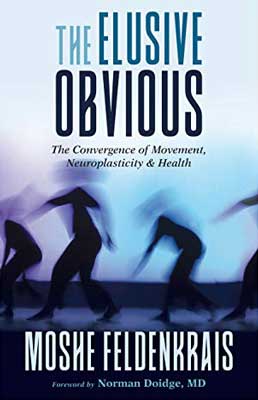
The Elusive Obvious — One of Moshe's more readable books, discusses the underpinnings of both Awareness Through Movement and Functional Integration.
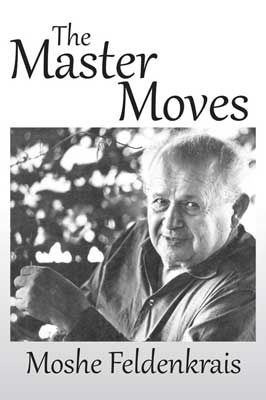
The Master Moves — A transcript of Moshe teaching a workshop — his explanations, jokes and anecdotes are mingled seamlessly with some very clearly-presented lessons.
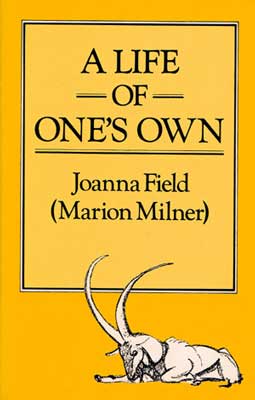
A Life of One's Own — Originally published in 1934 under the pseudonym of Joanna Field, this extraordinary book recounts Milner's seven-year journey in search of an answer to the fundamental question: "How should I live in order to be happy?" She follows the thread of self-observation with honesty and sincerity, discovering for herself an approach that has great similarity to Buddhism and indeed, Feldenkrais.
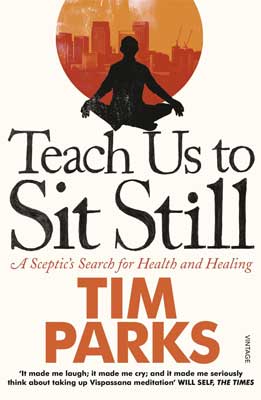
Teach Us to Sit Still — Tim Parks starts this book as a complete sceptic, in difficulty with his bladder: getting up many times each night needing to pee, but not being able to. He stops just short of surgery, shocked by the low success rate and correspondingly high rate of complications — not the best part of one's anatomy for "complications"! He is gradually won over to meditation; the story of his journey offers an alternative for our medicalised times.
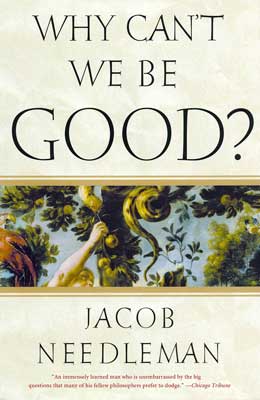
Why Can't We Be Good? — This book is certainly on Scott's ‘must read’ list; it argues that embodiment is necessary for any ethical sense to have power or weight.
movement for human being